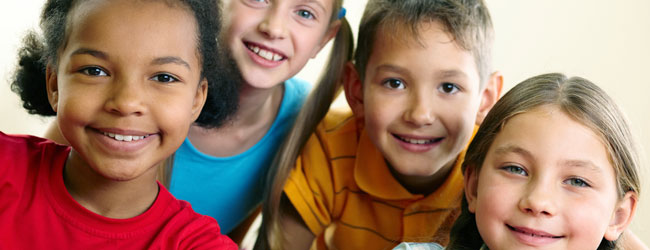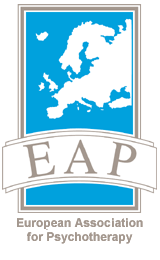
How can Integrative Child Psychotherapy be Helpful for Children and Young People?
To answer this question in detail, it will be helpful if we first talk about children aged eleven years and younger. We will then go on to talk about young people who are of secondary school age upwards.
Children
Children come to see us for many different reasons. Here is an idea of the kind of issues parents or professionals may refer a child to therapy for:
- Bereavement
- Bullying
- Living in foster care
- Separation and divorce
- Aggressive behaviour
- Withdrawn behaviour
- Emotional worries
- Trauma
- Difficulties in school
- Sleep difficulties
- Phobias
There are of course many other reasons or concerns for which a child may be referred to therapy.
Integrative Child Psychotherapy is particularly helpful for children because their first mode of communication is through their behaviour and play. Having the arts and other play materials available in the room therefore means they are able to express themselves immediately.
Parent/Child Therapy
In some situations the most helpful approach for a child will be to provide therapy sessions for both the parent/carer and child together. This can be supportive if there are specific relationship difficulties occurring between the parent/carer and their child. Therapy sessions will be tailored to their particular needs.
Young People
Adolescence can be an extremely turbulent time for young people and their parents. In our experience it can be enormously helpful for some young people to have a confidential space in which they are able to speak about their worries and concerns. These may include worries about peer relationships, sexual relationships, self-identity, exam stress and eating issues.
Alcohol, drugs, self-harm, eating disorders and unsafe relationships can also play a part in a young person’s life.
Having a confidential space away from home, school or college to explore these issues and identify the emotions leading to the behaviour, can effectively support the young person in understanding their choices and help them to become better equipped in making a change.
Whilst some young people find the arts particularly helpful in exploring their concerns, others may feel more comfortable with just talking.
Parent/Carer Involvement
When a child or young person attends therapy it is paramount to the work that they know they are in a confidential space just for them. However, if circumstances arise in which we believe the child or young person may be in danger or someone known to them, we will need to break the confidentiality agreement. Wherever possible we will discuss this in the session with the young person or child and explore with them who they would prefer to raise my concerns with.
From time to time we hear information in the sessions which we feel will be helpful for the carer/parent to know. We will encourage the child or young person to talk to their parent/carer or seek their permission to share the information.




Comments